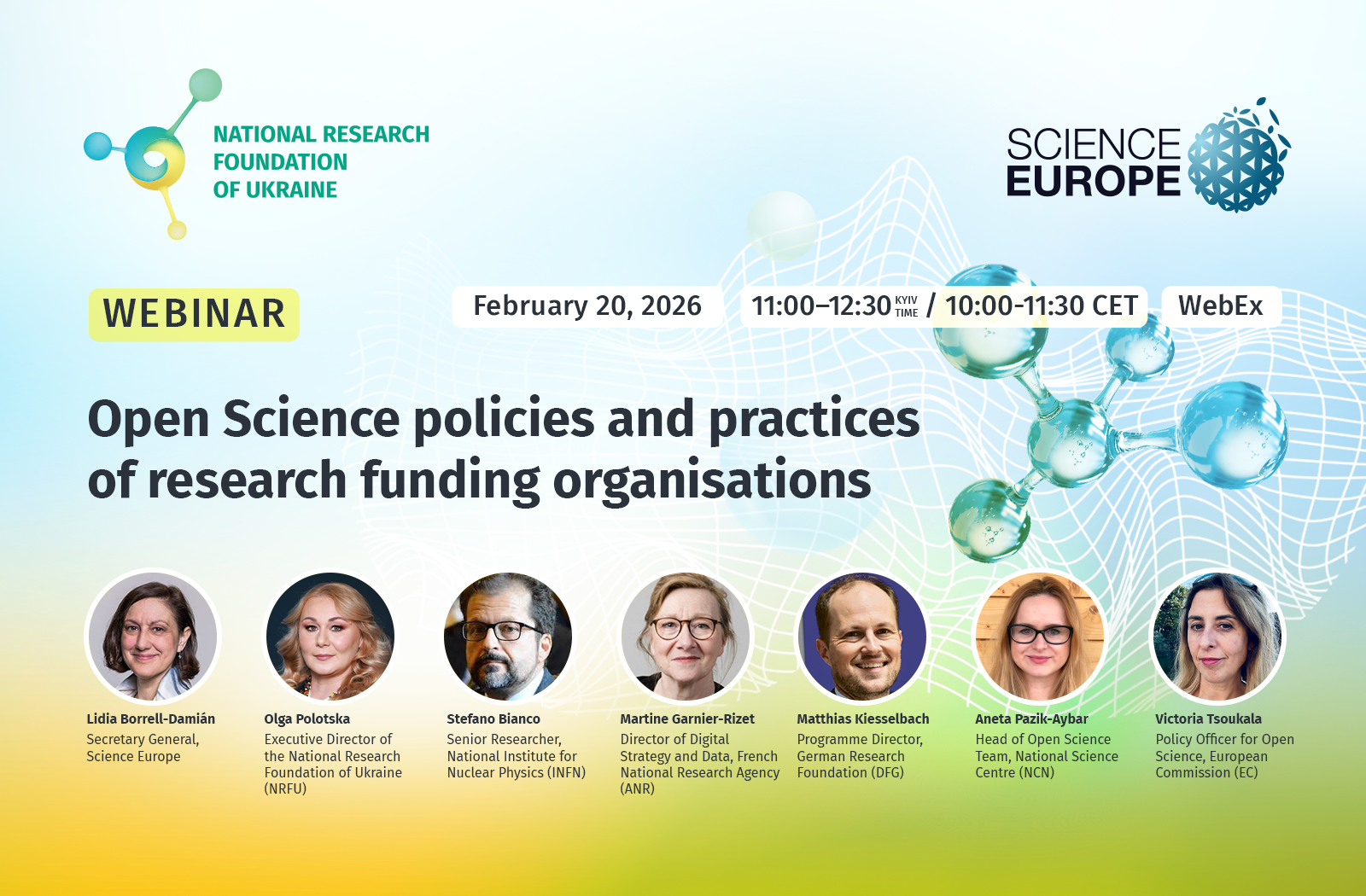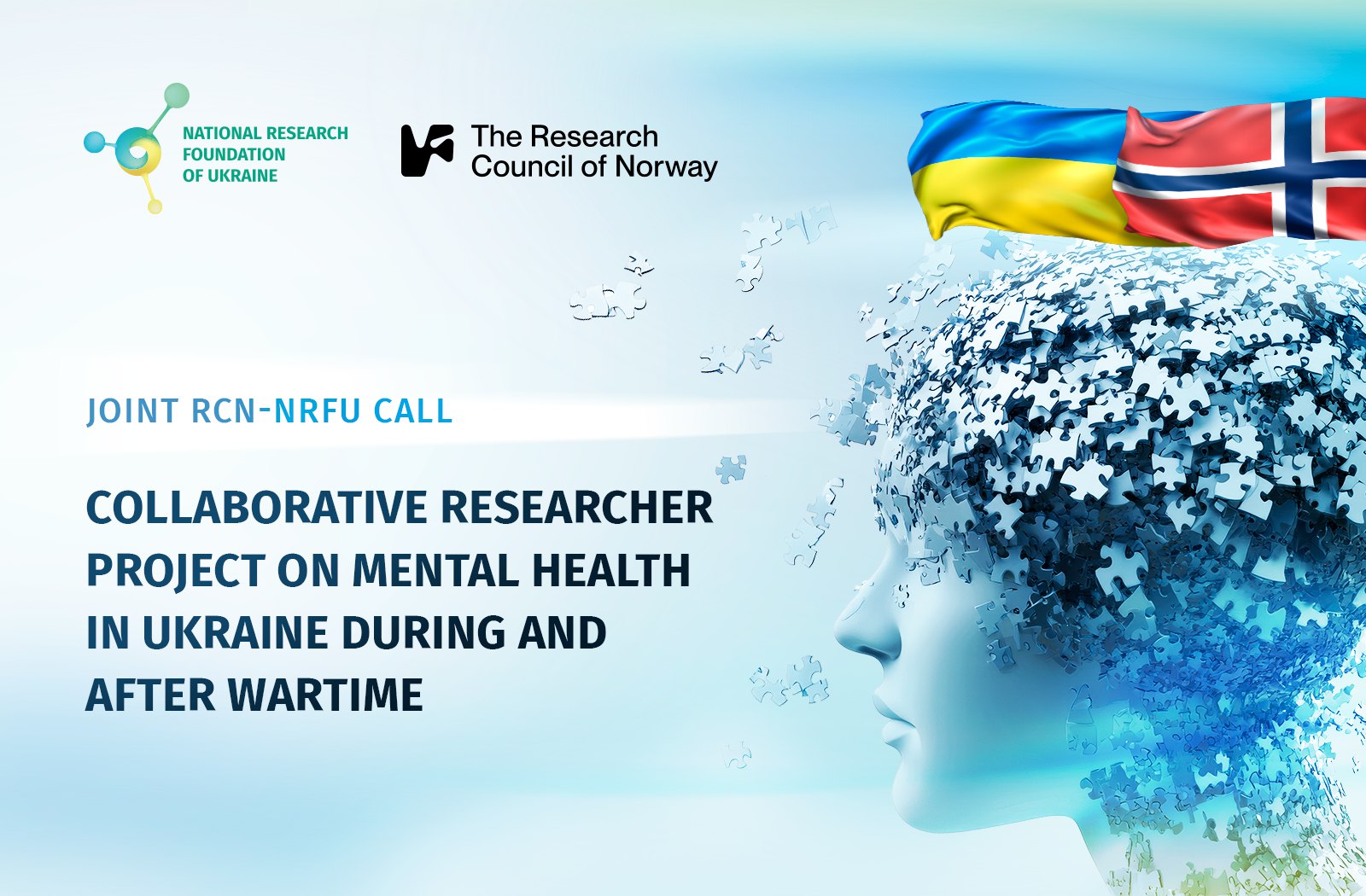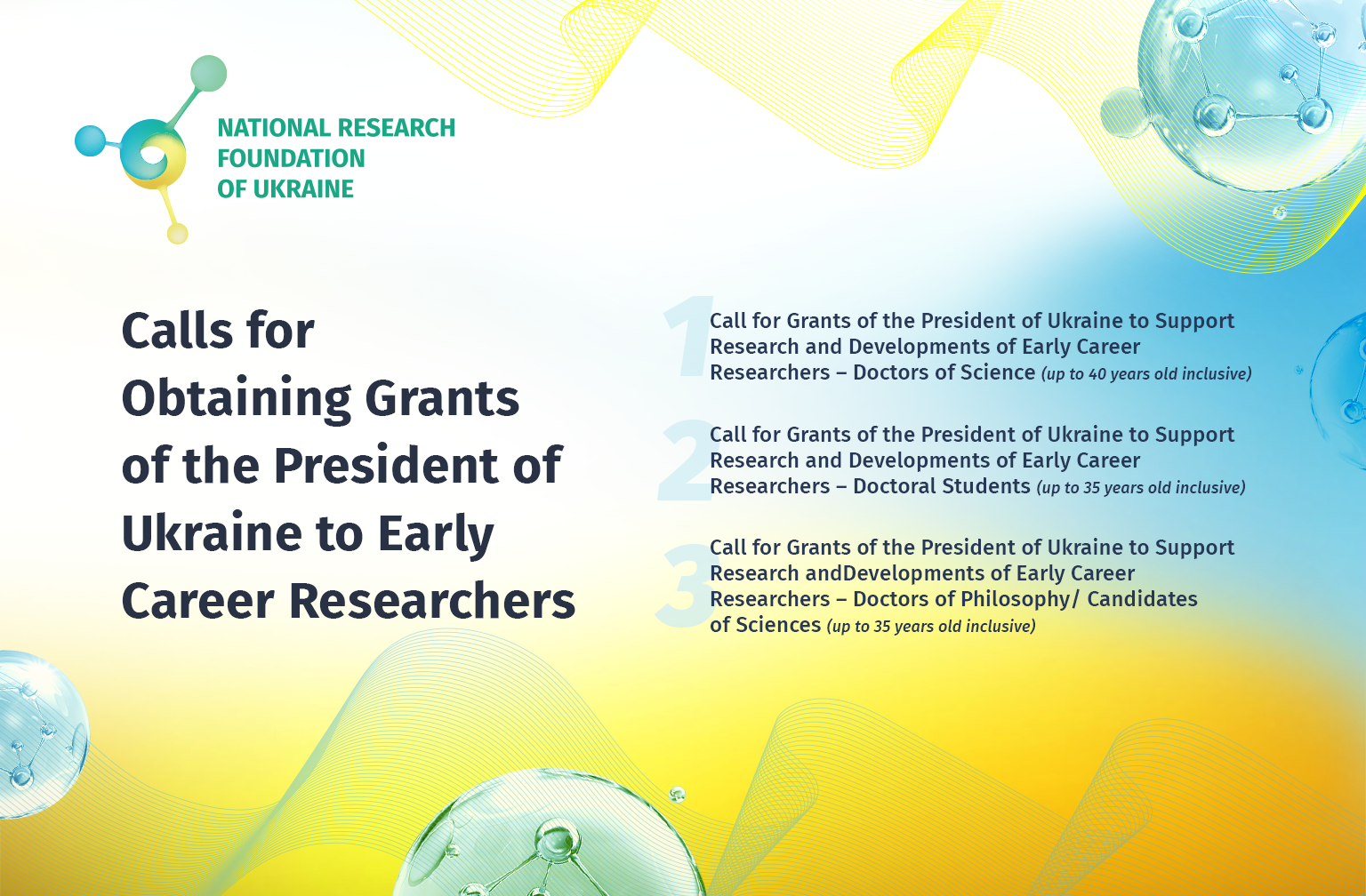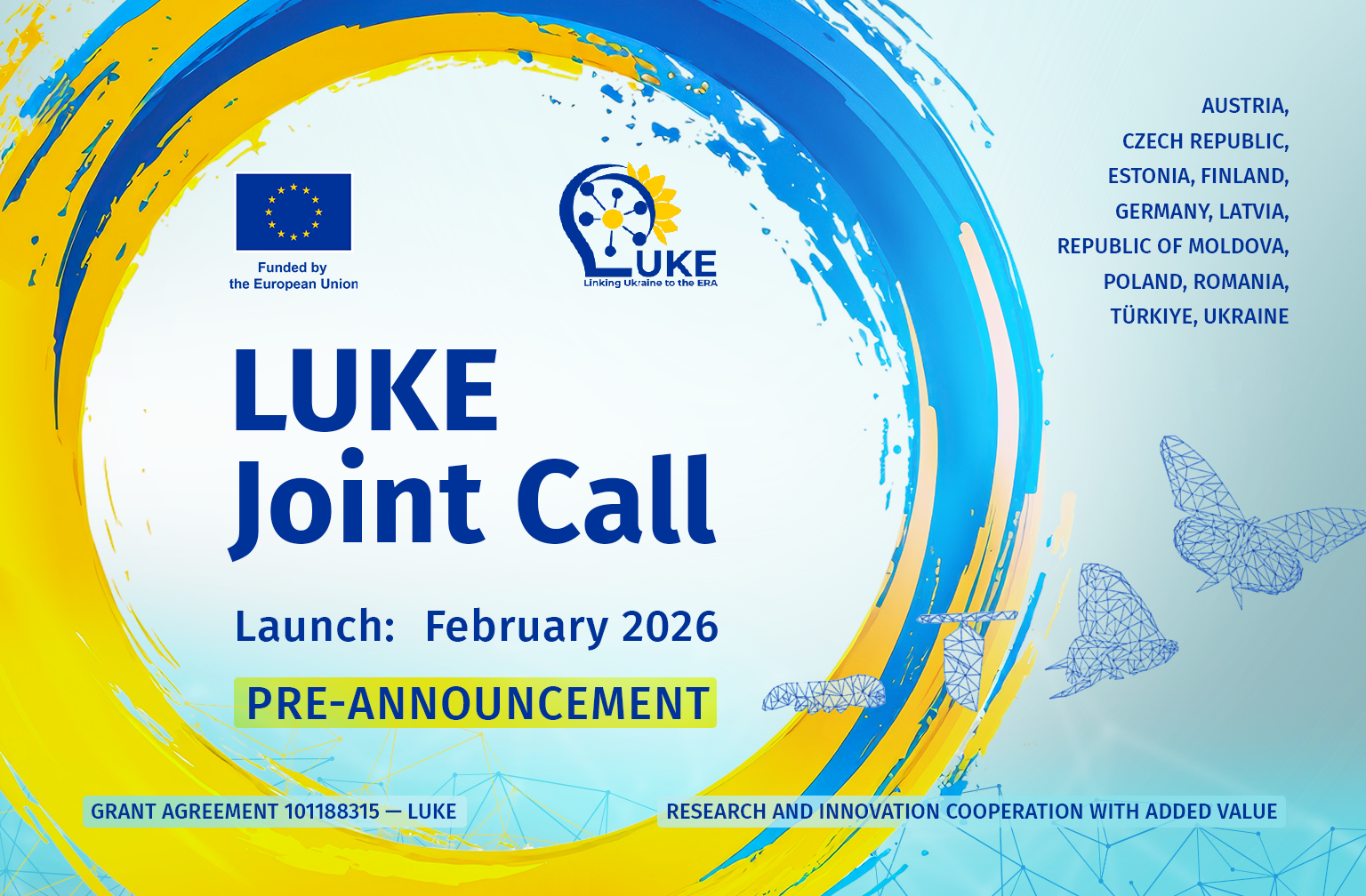A Dutch-Ukrainian group is looking for solutions for the post-quantum era
Information security is now essential everywhere: in data clouds, bank transfers, electronic passes, digital signatures, etc. The security of people, institutions, and states depends on the resilience of digital infrastructure. In particular, the stability of Ukraine and other European countries during wartime.
All these technologies are based on calculations performed by mathematicians.
It is the mathematical component of cybersecurity that forms the basis of the project “Improved Algebraic Methods for Cryptanalysis of Post-Quantum Cryptosystems (ALPaQCa)”. This project was successful in the competitive selection for the “NWO Hop-On Call” from the Dutch Research Council (NWO) for Ukrainian researchers as part of the NWO-NRFU Partnership Initiative 2023. It is being implemented by Professor Andriy Oliynyk, Department of Algebra and Computer Mathematics, Faculty of Mechanics and Mathematics, Taras Shevchenko National University of Kyiv.
We spoke with Andriy Oliynyk and Oksana Bezushchak, Dean of the Faculty of Mechanics and Mathematics, about their motivation to join the international project, the idea of the research, and approaches to finding international partners for cooperation.
“Ukrainian researchers often underestimate themselves,” begins Andriy Oliynyk. “I realized this when I started working with Dutch colleagues. To be honest, at first, the idea of participating in the project seemed somewhat doubtful to me. Despite this, I didn’t hesitate for long. I formulated my proposals, submitted the application, and received a positive response. Then I realized that my proposals and research findings were of interest to researchers from the Netherlands.”
The PI of the Dutch group is renowned cryptologist Dr. Simona Samardjiska from Radboud University. Andriy Oliynyk recalls that she helped him get his feet under the table and be fully involved in the project. “Researchers from the Netherlands support Ukraine,” he noted. “This means a lot.”
What is the idea of the project?
The ALPaQCa project focuses on cryptanalysis of post-quantum cryptosystems using algebraic methods. Dutch researchers say that they are inspired by the previous work of a Ukrainian researcher whose experience gives them reason to expect an extraordinary approach to modeling problems. Professor Oliynyk has experience in studying algebraic structures modeled using combinatorial logic methods. The researcher’s skill in interpreting algebraic properties through an alternative mathematical framework is a valuable contribution to the project.
In simple terms, as Andriy Oliynyk explained, the main idea of the research is to find unknown data based on limited input parameters. “The keyword is in the project title ‘cryptanalysis’,” he told. “It means activities aimed at finding specific, systematized data in the cloud, which at first glance appears to be random information.”
Oksana Bezushchak joined the conversation and added that cryptanalysis helps analyze the original data that may have been altered (encrypted) or corrupted. The task of a cryptanalyst is to find how the data was encrypted, consider possible damage, systematize it, and, most importantly, obtain the necessary information. The task of a cryptographer is to create a data protection system.
“Data is encrypted primarily to protect confidentiality,” Professor Oliynyk explains. “Without cryptography, the modern world could not function: neither finance, nor banking, nor the military would operate. The digital protection of an individual, organization, or state is generally referred to as ‘cybersecurity’.”
In other words, the research conducted by the Dutch team joined by the Ukrainian researcher concerns the mathematical foundations of cybersecurity. “The objective of our project is to analyze future (not current, but future) mathematical foundations of cybersecurity and determine how vulnerable they may be to hacking and cyberattacks,” the PI clarified. “Our goal is to provide resilient cryptographic protection for the future. This is how research works: it not only studies what exists in the world today, but also looks one step ahead.”
The project title also mentions post-quantum cryptosystems. What are they?
“Post-quantum cryptosystems are new encryption methods designed to protect information even once powerful quantum computers become available,” Andriy Oliynyk highlighted. “Today, these systems are used experimentally, but in 10–15 years, they will become widespread. To ensure data security, research like ours is essential.”
Incidentally, the researcher faced a choice between a more fundamental or applied research. After a brief deliberation, he chose the applied one.
Why did the researcher make this choice, and why does he find this research interesting?
“You see, behind this complex title lies fascinating mathematics,” the researcher replied. “It’s about discovering new things and solving very non-trivial issues.”
The researcher advises his counterparts not to be afraid to change their research area, as the world is constantly changing. One should not limit oneself to ‘pure mathematics’ – it is important to explore topics that may have practical applications in the future. It is also necessary to ‘stay intellectually tuned’, read research articles in English and keep up with what colleagues abroad are doing. Finding partners for cooperation will then be much easier.
Oksana Bezuschak also encourages researchers not to be afraid to participate in international calls. “We are used to critically analyzing everything: problem setting, algorithms, etc.,” she noted. “We apply this criticality not only to mathematical problems, but also to ourselves. Due to excessive self-criticism, our self-esteem is often unjustifiably low. We underestimate ourselves, afraid to apply and be rejected. However, rejection does not mean that the idea is flawed or that the researcher’s findings are ‘not good enough’. Ukrainian researchers solve the most complex challenges, and I am absolutely confident that our experience is important to the world. Therefore, it is worth believing in yourself, in your own strengths and abilities.”
Interviewed by Svitlana GALATA






